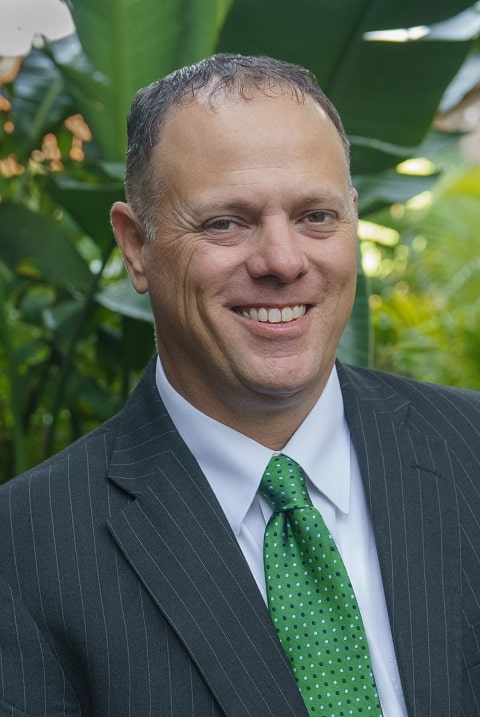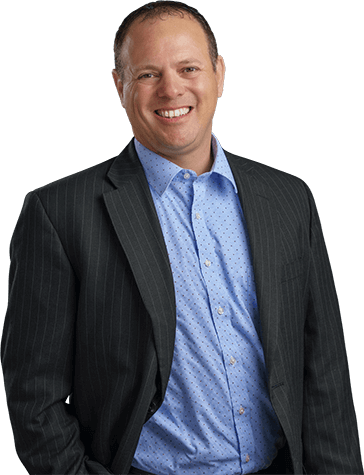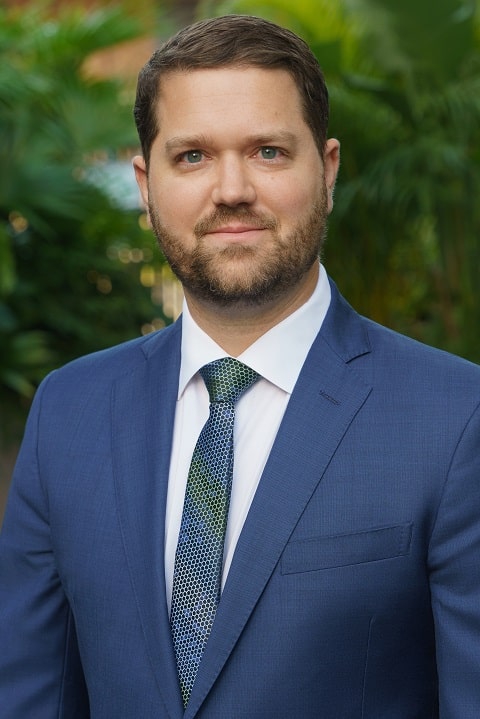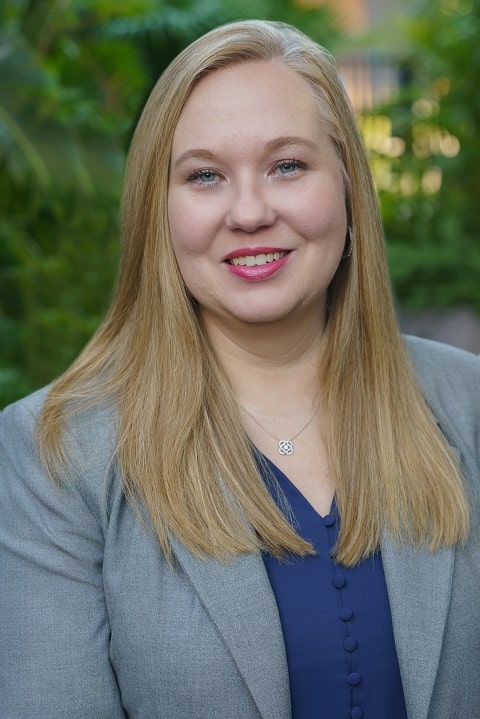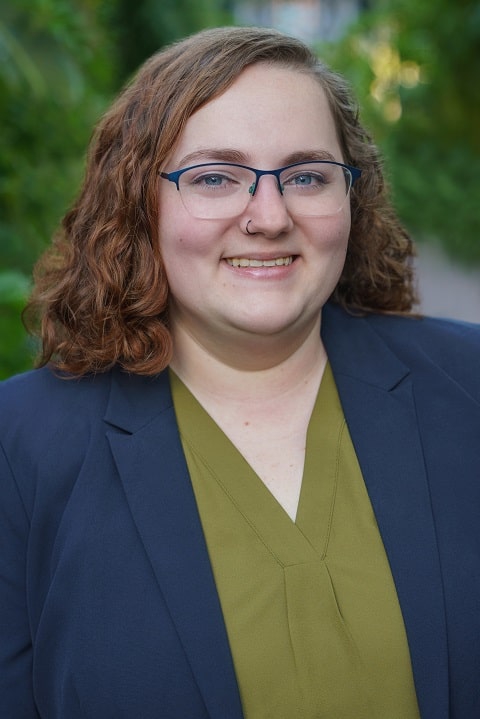Yes, it’s possible to recover more than policy limits in Louisiana, but it depends on specific circumstances. Here’s how:
- Identify Other Parties: Additional liable parties may provide compensation.
- Use UM Coverage: Uninsured/underinsured motorist policies can cover the gap.
- Prove Bad Faith: If the insurer acted unfairly, you may recover extra damages.
Consult a Louisiana personal injury lawyer to explore your options.
What Happens When a Car Accident Claim Exceeds Insurance Limits in Louisiana?
After an accident, the road to recovery can be overwhelming—especially when the financial strain feels impossible to manage. Consider the stories of Jessica and Sarah (names changed for privacy), two people whose lives were forever changed by serious crashes.
Jessica was on her way to pick up her kids when another driver sped through a construction zone and collided with her car. The crash left her with severe injuries requiring multiple surgeries and long-term care. Her medical bills were skyrocketing, nearing $1 million, and she was unable to return to work. On top of that, the at-fault driver carried only the minimum insurance required in Louisiana and had no assets to cover the damages. It seemed like Jessica was out of options, but she hired our office to investigate her case.
Through our investigation, we discovered that the construction zone had been poorly managed, with unclear signage and hazardous conditions that contributed to the crash. This allowed us to pursue a claim against the construction company. By holding them accountable, we recovered additional compensation to help Jessica with her medical bills and ongoing care.
Sarah’s story, however, shows how difficult things can be without additional options. She was driving home from work when a distracted driver ran a red light and hit her car. The collision left her with devastating spinal injuries and a need for lifetime care. Like Jessica, Sarah’s medical bills were nearing $1 million, and she hadn’t been able to work since the accident. Unfortunately, the at-fault driver in her case also had minimal insurance and no assets. Unlike Jessica, there was no third party like a construction company involved, and Sarah didn’t have uninsured/underinsured motorist (UM) coverage.
Her lawyer investigated every possible avenue—such as whether the insurance company acted in bad faith or if any other parties were liable—but in the end, no additional recovery sources could be found. Without UM coverage, Sarah faced the harsh reality that the available compensation wasn’t enough to meet her needs.
These stories highlight two important lessons. First, a skilled attorney can make a tremendous difference by investigating all potential sources of compensation. In cases like Jessica’s, that effort can uncover critical opportunities for recovery. Second, Sarah’s experience underscores how important it is to have UM coverage. Without it, you could be left with mounting bills and no way to pay for the care you need.
If you’re facing a similar situation, don’t assume you’re out of options. A knowledgeable legal team can help you explore every possibility to pursue the compensation you deserve.
Understanding Policy Limits in Louisiana
In Louisiana, when dealing with accidents and insurance claims, understanding policy limits is crucial. Policy limits dictate how much an insurance company will pay for a covered claim. This can greatly impact the compensation that injured parties, fault drivers, and other involved parties may receive.
Definition of Policy Limits
Policy limits refer to the maximum amount an insurance carrier will pay on an insurance claim. These limits are set in the insurance policy when you purchase coverage. There are different types of policy limits: one for property damage, and others for bodily injury. For example, if a fault driver causes an accident, their liability insurer will cover damages only up to the policy limits specified in their insurance policy.
Here is an example of typical policy limits in Louisiana auto insurance:
| Coverage Type | Limit Description |
|---|---|
| Bodily Injury | $15,000 per person / $30,000 per accident |
| Property Damage | $25,000 per accident |
How Policy Limits Affect Claims
Policy limits play a significant role in how much compensation you can receive from an insurance claim. If your damages are greater than the policy limits, you may need to seek additional compensation through other means, such as:
- Underinsured Motorist Insurance Coverage: This may cover the gap if the at-fault party's insurance is insufficient.
- Legal Action: This could involve hiring accident attorneys or a personal injury lawyer to pursue further compensation.
- Excess Insurance Policy: This can provide extra coverage beyond the primary policy limits.
It's important for all parties involved—including fault parties and injured individuals—to be aware of these limits to understand potential outcomes. If an insurance claim exceeds the policy limits, accident lawyers often advise exploring other avenues. These could include exploring a direct action against the insurance company or seeking replacement costs from the fault party.
Settling for policy limits in Louisiana often means accepting the maximum payout from the insurer. But if the damages exceed those limits, consulting with legal professionals might be necessary to avoid receiving less than you deserve or engaging in a bad faith lawsuit for bad faith failure in dealing with your claim. Understanding the implications of policy limits can ensure fair settlement demands and protect against excess judgment scenarios.
Exploring Additional Avenues for Recovery
When an at-fault party's insurance coverage doesn't fully compensate for your injuries, it's essential to explore other avenues for recovery. Here are steps to consider:
- Identify Additional Liable Parties:
- Third-Party Liability: Investigate whether other individuals or entities share responsibility for the accident. For instance, in a construction zone accident, the construction company may be liable for inadequate signage or unsafe conditions.
- Assess Employer Responsibility:
- Vicarious Liability: If the at-fault driver was performing work duties during the accident, their employer might be held accountable for your damages.
- Examine Product Liability:
- Defective Products: If a vehicle defect contributed to the accident, the manufacturer or distributor could be liable for resulting injuries.
- Review Your Insurance Policies:
- Uninsured/Underinsured Motorist (UM/UIM) Coverage: This coverage can provide additional compensation when the at-fault party's insurance is insufficient. It's crucial to understand your policy details to determine available benefits.
- Investigate Potential Bad Faith Claims:
- Insurer's Duty: Insurance companies are obligated to act in good faith. If they unreasonably refuse to settle within policy limits, they may be liable for amounts exceeding those limits.
- Consider Legal Action Against the At-Fault Party:
- Personal Assets: In some cases, pursuing the at-fault party's personal assets may be an option, though this can be challenging if they lack sufficient resources.
Navigating these avenues requires thorough investigation and a comprehensive understanding of Louisiana's legal landscape. Engaging an experienced personal injury attorney can be instrumental in identifying all potential sources of compensation, ensuring you receive the full amount you're entitled to.
The Insurer's Duty to Settle
In Louisiana, insurance companies have a duty to act in good faith when settling claims. This means they must protect the insured driver by settling within policy limits when it's reasonable. If they don't, it may lead to a bad faith claim against them. The fault driver relies on the insurer to manage accident claims, ensuring fair compensation to the injured parties.
Reasonable Settlement Expectations
A reasonable settlement expectation is a fair amount for the damages or injuries sustained in an accident. This includes property damage and medical expenses. Insurance carriers must evaluate claims by reviewing medical records and other evidence. They should offer settlements that reflect these costs, considering the limits of the insurance policy.
Here is a simple checklist to manage reasonable settlement expectations:
- Review medical records and bills
- Assess property damage estimates
- Consider the insurance policy limits
- Factor in any additional compensation needs
- Communicate with accident lawyers to discuss demands
Consequences of Failing to Settle
If an insurer fails to settle reasonably within policy limits, the consequences can be severe. The most significant issue is the risk of an excess judgment, where the verdict exceeds the insurance coverage. This means the fault driver might have to pay out of pocket. Additionally, the liability insurer could face a bad faith lawsuit, which challenges their settlement efforts and decisions.
Here’s a table of potential consequences for an insurer:
| Consequence | Description |
|---|---|
| Excess Judgment | Court awards more than the insurance policy limit. |
| Bad Faith Action | Legal action for not settling in good faith. |
| Financial Loss for Driver | Driver may be responsible for costs beyond coverage. |
| Regulatory Penalties | Possible fines or actions against the insurer. |
The importance of settling claims quickly and fairly is paramount. It avoids unnecessary legal action and ensures protection for all parties involved.
Louisiana's "No Pay, No Play" Law
Louisiana's "No Pay, No Play" law is designed to encourage drivers to have valid insurance. This law restricts uninsured drivers from collecting certain damage claims after an accident. If you don't have insurance, you might not get compensation even if the other driver was at fault.
Overview of the Law
The "No Pay, No Play" law applies when an uninsured driver is in an accident. It prevents them from receiving the first $15,000 of bodily injury damages and the first $25,000 of property damage. This means uninsured drivers must cover these costs themselves. The goal is to ensure everyone on the road has at least minimum insurance coverage.
Impact on Insurance Claims and Settlements
This law greatly affects insurance claims and settlements in Louisiana. Uninsured drivers have limited options for pursuing accident claims. They may find it challenging to seek additional compensation due to this restriction. For insured drivers, this law can lead to quicker settlements, as it deters uninsured drivers from making claims. It promotes fairness by holding everyone to the same standard of responsibility on the road.
In summary, having insurance is not just legal compliance but also necessary for financial protection. With the "No Pay, No Play" law, Louisiana aims to reduce uninsured motorists and ensure that accident claims are fairer and more efficient.
Underinsured Motorist Claims
Underinsured motorist (UIM) coverage is crucial in Louisiana. It helps when the at-fault driver's insurance isn't enough to cover your damages. This coverage steps in after the other driver's policy limits are exhausted. UIM can pay for medical expenses, lost wages, and more.
Filing Process for Underinsured Claims
Filing an underinsured motorist claim involves several steps:
- Notify your insurer: Contact your insurance carrier immediately after an accident. Inform them about your intention to file a UIM claim.
- Gather documentation: Collect all necessary documents. This includes medical records, accident reports, and repair estimates.
- Submit a demand: File a settlement demand to your insurer. This should include details of the damages and the compensation sought.
- Negotiate settlement: Engage in discussions with your insurance company to reach a fair settlement.
- Consider legal action: If needed, consult accident attorneys or a personal injury lawyer to explore legal action.
Handling Damages Exceeding Liability Coverage
When damages exceed the at-fault party's insurance policy limits, here’s what you can do:
- Check your UIM coverage: Confirm if you have underinsured motorist insurance coverage. This can cover the excess amount left by the other driver's policy.
- Examine other avenues for compensation: Besides UIM, excess insurance policies may offer additional compensation.
- Take direct action: In some cases, you might need to take direct legal action against the at-fault driver for the remaining damages.
- Consult professionals: Seek advice from accident claim specialists or legal experts to navigate your options effectively.
Understanding these steps will help you manage underinsured motorist claims and handle damages that exceed liability coverage in Louisiana.
Pursuing Bad Faith Insurance Claims
Insurance policies are meant to protect you. When you file a claim, you expect fair treatment from your insurer. However, sometimes insurance companies do not act in good faith. This is where bad faith insurance claims come into play. Understanding what this means can help you seek justice if your insurer denies or delays your claim without valid reasons.
Definition of Bad Faith Claims
A bad faith claim occurs when an insurance company does not fulfill its obligations under the policy. This may include denying a valid claim, delaying payments, or misrepresenting policy terms. For example, if an insurer refuses to pay for property damage, even though the fault driver’s liability is clear, it could be acting in bad faith.
Characteristics of Bad Faith Actions:
- Unreasonable delays in processing claims
- Denial of valid claims without justification
- Failure to conduct proper investigations
When to Consider This Route
You should consider pursuing a bad faith claim if you believe your insurer has not dealt with you fairly. This might include situations where your accident claim is unjustly denied, even with supporting medical records. If your insurance carrier offers a settlement far below the replacement cost, it might also be a sign of bad faith. Consulting with a Louisiana car accident lawyer or personal injury lawyer can help. They can assess whether legal action may be needed to seek additional compensation.
| Sign | Description |
|---|---|
| Unreasonable Delays | Taking too long to process and settle claims. |
| Unjustified Denials | Denying claims without valid reason or explanation. |
| Misrepresentation | Providing false or misleading information. |
By understanding these concepts, you can better navigate your rights under insurance law. If you suspect bad faith, it may be necessary to take legal action or file a bad faith lawsuit to seek the compensation you're entitled to.
Types of Recoverable Damages
When involved in an accident, injured parties can seek compensation for various types of damages. These damages are usually divided into two main categories: economic and non-economic damages. Understanding these can help ensure fair compensation.
Economic Damages (Medical Bills, Lost Wages)
Economic damages refer to specific, measurable losses caused by the accident. These include:
- Medical Bills: Costs for hospital stays, surgeries, medications, and rehabilitation. Insurance companies often require detailed medical records to process these claims.
- Lost Wages: Compensation for income you lost while recovering. Accident claims should include documentation of missed work and salary details.
Non-economic Damages (Pain and Suffering)
Non-economic damages are less tangible but just as important. They cover:
- Pain and Suffering: This refers to physical discomfort and emotional distress resulting from the accident. It considers things like ongoing pain, anxiety, and loss of enjoyment in life.
- Emotional Distress: This is for mental anguish or psychological impact, such as PTSD, resulting from the accident.
Both economic and non-economic damages require careful documentation. Consulting with accident lawyers or personal injury lawyers helps in compiling evidence and making comprehensive settlement demands.
When Policy Limits Aren’t Enough: How Attorneys Find Additional Compensation
After a serious accident, the at-fault driver’s insurance policy may not fully cover your medical bills, lost wages, and other damages. In Louisiana, minimum insurance limits can leave victims struggling to make ends meet. If policy limits aren’t enough, an experienced attorney can help you explore other avenues for recovery.
Uncovering Additional Sources of Compensation
A skilled attorney will thoroughly investigate your case to find other potential sources of compensation, such as:
- Underinsured Motorist Coverage (UM): If you have UM coverage on your own policy, it can help fill the gap when the at-fault driver’s insurance isn’t sufficient.
- Other Responsible Parties: Sometimes, others share liability for the accident. For example, in a truck accident, the trucking company, a maintenance provider, or a manufacturer might also be responsible.
- Employer Policies: If the at-fault driver was on the job during the accident, their employer’s insurance might apply.
- Personal Assets: In rare cases, an attorney may explore the personal assets of the at-fault party to cover damages beyond the policy limits.
Why You Need a Lawyer to Dig Deeper
These additional recovery options aren’t always easy to find. Insurance companies rarely volunteer to pay more than they must, and uncovering other liable parties requires a thorough investigation. A lawyer knows how to track down these opportunities and build a case to pursue them effectively.
When policy limits fall short, you don’t have to give up on receiving the compensation you need. An experienced attorney will work tirelessly to find every available source of recovery, so you can move forward with confidence and financial security.
If you’re struggling after an accident and worried that policy limits won’t cover your expenses, don’t wait to get help. Call Loyd J. Bourgeois’ office today at 985-240-9773. Our experienced team is ready to explore every avenue of compensation for you. Let us fight to get you the full recovery you deserve.

